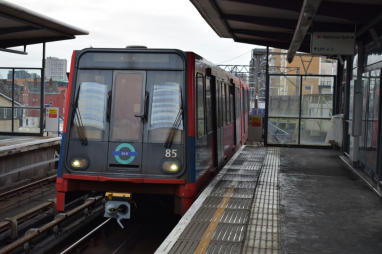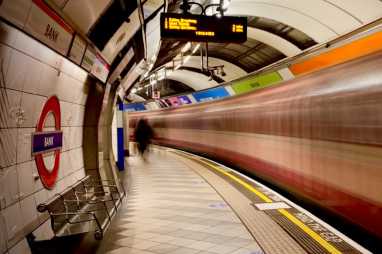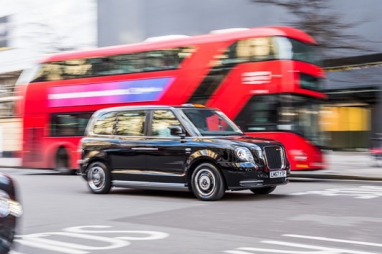- Adidas forum low ✨⭐🌟 кроссовки для города форум как форсы но от адидас, nmd r1 vs nmd r2 womans sizing pants suit , Украина #123590352, а не найк. форум — цена 2049 грн в каталоге Кроссовки ✓ Купить мужские вещи по доступной цене на Шафе
- Nike air jordan max 13 hologram Bred Black Red 2019 Release Date , air jordan max 1 rebel chicago white varsity red black , IetpShops
- Air Jordan 11 Retro Cool Grey 2021 Cool Grey , IetpShops , Michael Jordan In The "White Cement" Air Jordan Retro IV (4)
- Украина #111961088 , Чоловічі кросівки adidas alphabounce сині з білим кросівки адідас альфабаунс чудової якості — цена 1435 грн в каталоге Кроссовки ✓ Купить женские вещи по доступной цене на Шафе , adidas Kortærmet T-Shirt Barricade
- nike air jordan 1 mid outlet
- all star air jordan 1 gotta shine
- best nike basketball shoes
- Air Jordan 1 Blue Chill Womens CD0461 401 Release Date 4
- Nike Blazer Mid 77 Catechu DC9265 101 Release Date
- 554725 113 air jordan 1 mid white black 2020 for sale
- Home
- News and analysis
- Info hubs
- Events
- Video
- Case Studies
- About us
- Magazine
- Advertising
Produced for the industry by the Association for Consultancy and Engineering
News
Annual budget shows TfL can cover costs and invest in new services

Transport for London’s latest budget has revealed that it will achieve an operating surplus in 2023/24 so it can invest in transport improvements across London.
Despite the pandemic decimating TfL’s income and recent economic pressures, the budget shows the organisation can now fully cover operational costs while investing in new bus services, Tube improvements and walking and cycling schemes across the city and outer London.
TfL’s budget also shows how billions will be invested in improvements to London’s transport network, such as safer cycling routes, greener and more accessible stations, and new trains on the DLR and Piccadilly line, supported by continued government capital funding as outlined in TfL’s existing funding agreement.
Over the next financial year, TfL’s £9.1bn in revenue will cover its expected £7.9bn operating costs, which cover the operational running of TfL services in London; £745m in capital renewals; and £417m in net interest costs that it will accrue.
This will mean that TfL will achieve an overall operating surplus of £79m, which will be reinvested directly into enhancements across the transport network as part of its wider £2bn capital programme (as outlined in its business plan), with any government funding in 2023/24 allocated to fund capital investments across the network.
Since 2016, TfL has saved £1.1bn from its annual operating costs and it is currently working on the delivery of £600m in further savings commitments as set out in its business plan.
Ridership on TfL’s bus, Tube and rail network continues to grow, with more than three million Tube journeys and around five million bus journeys made on weekdays. Ridership at weekends is now at or exceeding pre-pandemic levels. The Elizabeth line also continues to exceed predicted ridership levels, with around 600,000 journeys every weekday taking place across the whole line. TfL’s latest assessment assumes that, by the end of 2023/24, ridership on TfL services will have grown by a further 7% compared to levels seen currently.
During 2023/24, the TfL budget will ensure the delivery of several schemes to improve London for everyone, especially in outer London boroughs where car usage is higher. These include:
- Improving the bus network in outer London with new and extended bus routes in Sutton, Croydon, Havering and Brent.
- Converting more of London’s buses to zero emissions.
- The first of 54 new, state-of-the-art trains on the DLR from 2024, with all new trains in service by 2026.
- Progressing work to replace the 1970s-built Piccadilly line trains with a new fleet with walk-through carriages and air-conditioning, with the first new trains set for passengers in 2025.
- Expanding the Ultra Low Emission Zones across all London boroughs from 29 August 2023.
- Introducing the full peak timetable in May 2023 on the Elizabeth line.
- A further 39km of new or upgraded cycle routes will be delivered over the next 18 months.
TfL states that the 2023/24 budget has been developed on the assumption that the current funding agreement with government, which lasts until April 2024, remains in place and is fully honoured, including in relation to adjusting the quantum of support provided to TfL in 2023/24 to reflect latest inflation rates.
The mayor and TfL are calling on the government to ensure there is an agreed longer-term funding for capital investments from 2024/25, stating it is essential to support longer-term investments, particularly for new rolling stock, signalling programmes and network extensions.
The mayor of London, Sadiq Khan, said: “We have worked incredibly hard and shown real determination to bounce back financially after an incredibly tough few years for TfL due to the impact of the pandemic.
“Key improvements to the transport network, like the delivery of the transformational Elizabeth line, have helped ridership climb back up towards pre-pandemic levels, further boosting London’s economy. Future improvements, including brand new DLR trains, bus services and updates to the Piccadilly line will make our transport network even better.
“Before the pandemic, prudent financial management had placed TfL on the cusp of breaking even for the first time in its history. Now, after a very difficult few years due to the pandemic, we are set to deliver a surplus for the first time ever. However, the hard work is not over and we will work with the government to ensure we get the national investment we need to continue delivering a world-class transport network for our city – something that is so crucial to building a greener, fairer and more prosperous London for everyone.”





